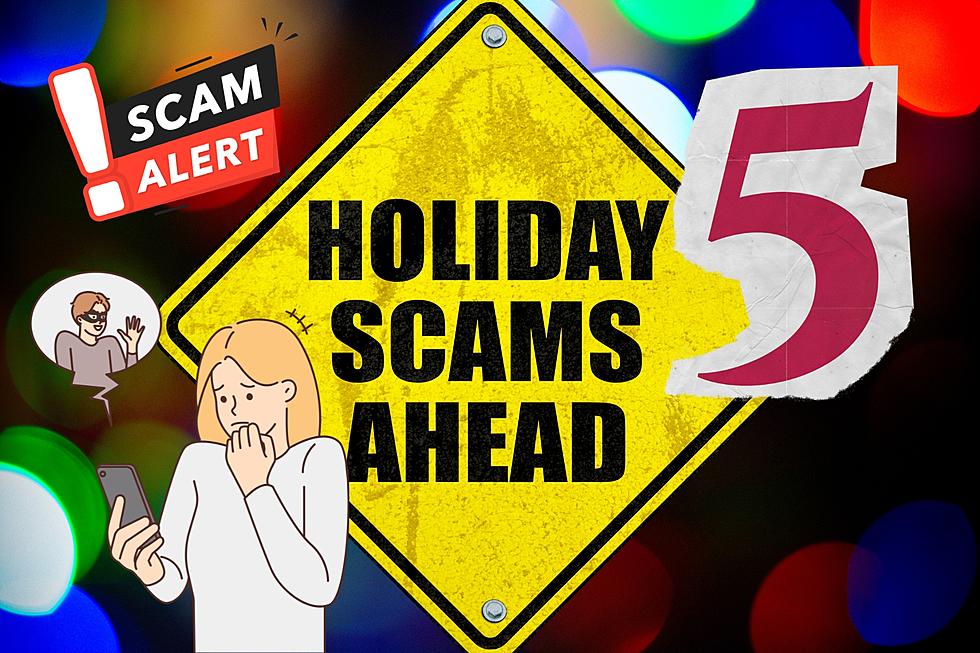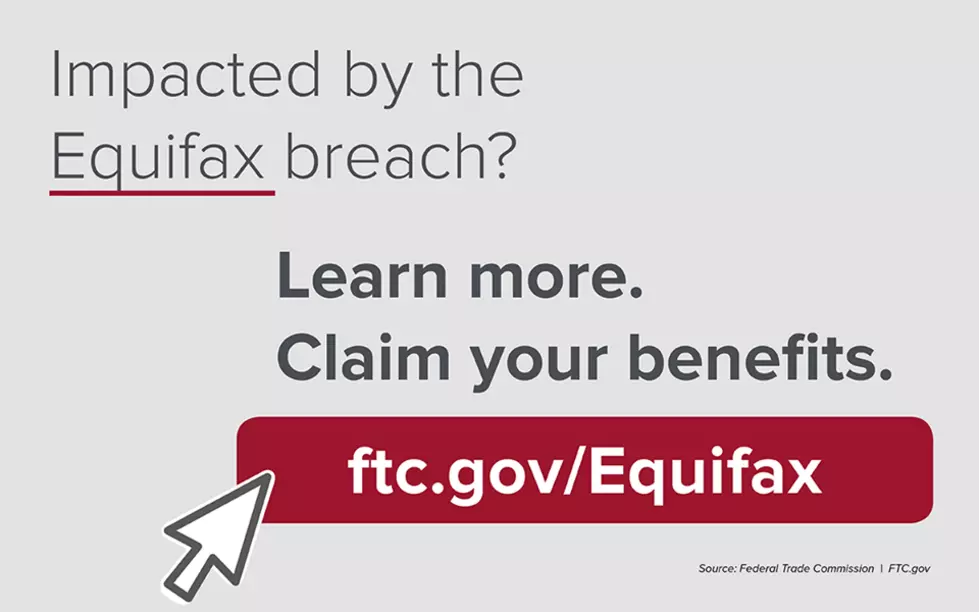
Steer Clear of These 5 Holiday Scams In Washington
Prices have sky-rocketed. Groceries, services, and dining out is expensive today.
And especially now, during the holidays, scammers are working over-time to take your hard-earned money. Don't let them.

How to protect yourself from a scammer:
You can start by recognizing a scam. Some of the common holiday scams are on social media platforms. There's the famous "missed package" scam, fake gift cards, and fake websites. If you fall victim to a scam, you're advised to report it.
Fake shipping notifications are common during the holidays.
I've received several notifications from 'delivery services' advising me of a missed package, and to click the link for more information. DO NOT click that link. They may attempt to get you to "update your delivery preferences." DO NOT click the link. It'll take you to a form asking for personal identifying information or it will take you to a site that downloads malware onto your computer.
Gift card scam warnings:
If you purchase gift cards in a store, make sure they haven't been tampered with. Run your finger over the back of the card to see if the sticker has been scratched off. Get a receipt to verify the purchase if the card is lost or stolen.
Only purchase gift cards from reputable businesses. Whenever possible, purchase gift cards from the actual business or company.
If someone is asking you to pay for goods, services, fines or fees to "protect your money" by purchasing gift cards, it's a red flag. If you're ever told to pay with a gift card, it's a scam. Legitimate companies never demand payment with gift cards. Hang up or delete the email. Then report it.
Fraudulent charities steal your money
Scammers will create fake charities or GoFundMe campaigns to trick you into sending money or sharing your personal information. Don't fall for it. NEVER share your personal information online. Always check the URL and charity name before donating.
Holiday phishing scams
Beware of any unsolicited messages about a prize or special offer that you didn't request. Scammers often use social media to list fake holiday giveaways or surveys offering FREE CASH. If the message contains a link, DO NOT click on it. Also check the spelling, grammar, and formatting of the message. NEVER click on an unfamiliar link.
LOOK: The biggest scams today and how you can protect yourself from them
LOOK: What are the odds that these 50 totally random events will happen to you?
Gallery Credit: Isabel Sepulveda
LOOK: These Are the 50 biggest retailers in America
Gallery Credit: Madison Troyer & Zack Abrams
More From 98.3 KEYW









